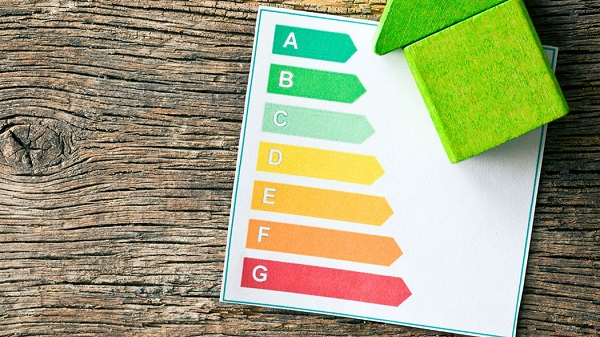
Is an Energy Performance Certificate (EPC) Worth the Paper it’s Written on?
April 17, 2017 11:00 amWhenever a new scheme that is intended to save energy, encourage environmentally friendly building techniques, help the environment and benefit tenants are introduced, it’s good news all round.
One scheme is the Energy Performance Certificate. Introduced by the government in 2007, it affects the vast majority of residential and commercial properties in the UK. However with many tenants and homeowners unaware of the scheme and its benefits, is an EPC really worth the effort or even the paper it’s written on?
What is an Energy Performance Certificate?
Created by a qualified professional, an Energy Performance Certificate uses colour codes and graphs to illustrate how energy efficient a property is.
Like the energy ratings you see on kitchen appliances, the certificate will indicate how well insulated the home is, what its carbon dioxide emissions are likely to be and how expensive it will be to heat and light.
Though there are a few exceptions, almost all commercial, residential and rental properties in the UK now require and EPC.
This all sounds great, what’s the problem
As EPCs indicate how well insulated a property is and how expensive it will be to heat, it should encourage both owner-occupiers and landlords to make their properties as energy efficient as possible.
However many landlords have found that tenants either don’t know or don’t care about EPCs and are bemused when presented with the certificate. If a property’s EPC has no influence on the tenant’s decision about whether or not to live there, the purpose of the EPC is effectively negated.
Homeowners are required by law to pay a professional to survey their property for an EPC, and though some may take action to improve their home’s energy efficiency rating, most will simply file the certificate away with other important paperwork.
Is an EPC worth the paper it’s written on?
Energy Performance Certificates were only introduced in 2007, with many home-owners and landlords unaware of them until it came time to sell or rent their property.
Though tenants may not take an active interest in EPCs now, the more they see and compare EPCs, the more they will understand their relevance and the role they can play in making a property more efficient.
As more and more people become aware of EPCs and understand the information they contain, the more tenants and home-owners will use them to select a property. In turn, this should encourage sellers, landlords, and developers to thoroughly insulate their properties making them more attractive to the rental or sales market.
Are EPCs here to stay?

With climate change, renewable energy, and energy efficiency becoming increasingly important issues, it’s unlikely that a scheme designed to promote responsible house building and insulation will ever be cancelled.
In all likelihood, the EPC is here to stay and it’s probable that the government will bring in even tougher guidelines in the future.
So if you’re a landlord or homeowner, try to see the positive side of the Energy Performance certificate, make your home as efficient as possible and get ready for a greener future.
Sell your house online with 121move, we have EPC written in all package!
blog comments powered by Disqus



